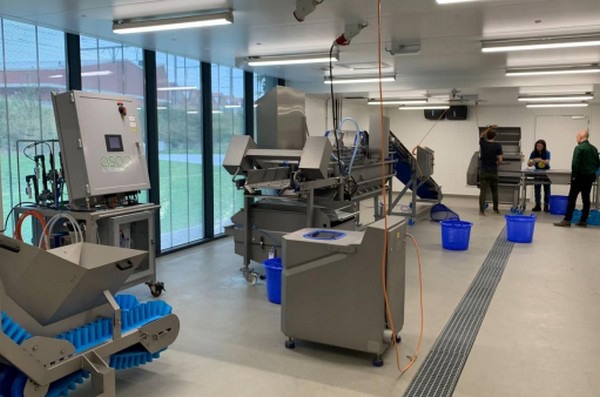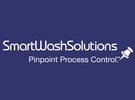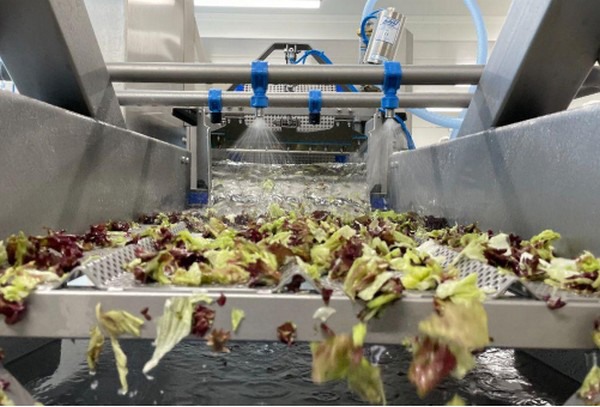A recent research project conducted by VEG-iTEC of the University of Ghent, and funded by Interreg North West Europe – Water test Network, concluded chlorine treatment of fresh produce without harmful residues of chlorates could be achieved through the use of SmartWash Solutions products and technology.
Foodborne illness caused by microbial contamination from pathogens such as Salmonella and E. coli on fresh produce is a serious health concern. A recent public health crisis includes more than 250 people who became ill from E. coli-contaminated salad in the United Kingdom. While a salad mix containing Salmonella contaminated arugula was withdrawn from markets and restaurants in Poland.
Initial contamination can come from many sources, including manure, soil, wildlife, irrigation water, and human handling. This contamination is difficult to eliminate and can cross-contaminate additional produce during the production and packaging process. However, that contamination can be mitigated via disinfection in an effective, innovative produce wash process.
For decades, chlorine, derived from sodium hypochlorite (NaOCl), has been the preferred option for sanitizing produce wash lines and protecting consumers from foodborne pathogens. Chlorine’s efficacy is dependent on several factors, including wash water temperature, pH levels, and the concentration of free chlorine and organic materials in the water. However, poorly controlled chlorine application can lead to the production of chlorate residue on produce.

Chlorates are a disinfection-by-product (DBP) of chlorine-based products and have been found by the European Union (EU) to be a health concern for at-risk groups such as children and people with existing thyroid problems. While the International Programme on Chemical Safety (IPCS) stresses the health risks of exposure to chlorates and chlorine by-products are minimal in comparison with the risks associated with inadequate disinfection, the EU has instituted policies to limit chlorate exposure to a very stringent Maximum Residue Level (MRL) of 0,7 mg/kg for leaf vegetables.
In the VEG-i-TEC study, which was conducted on a commercial wash line in normal operation, after a full 8-hour production run of Iceberg Lettuce and Lollo Rosso, chlorate levels increased by 0,03 and 0,23, respectively, well below the MRL level of chlorates.

For more information:
smartwashsolutions.com

